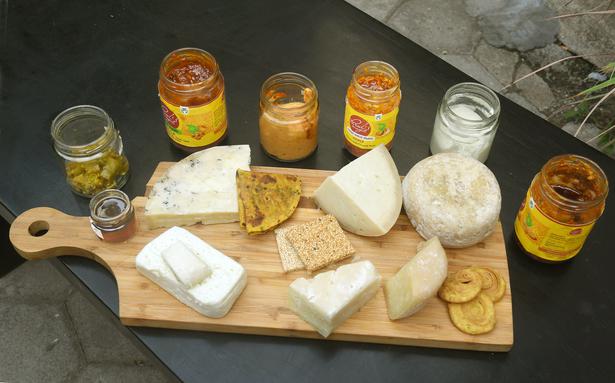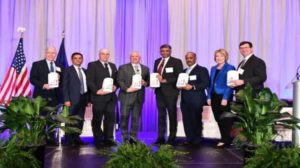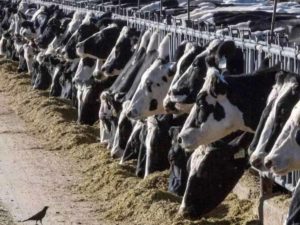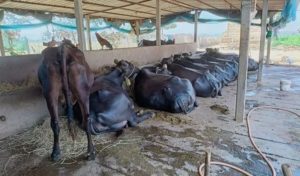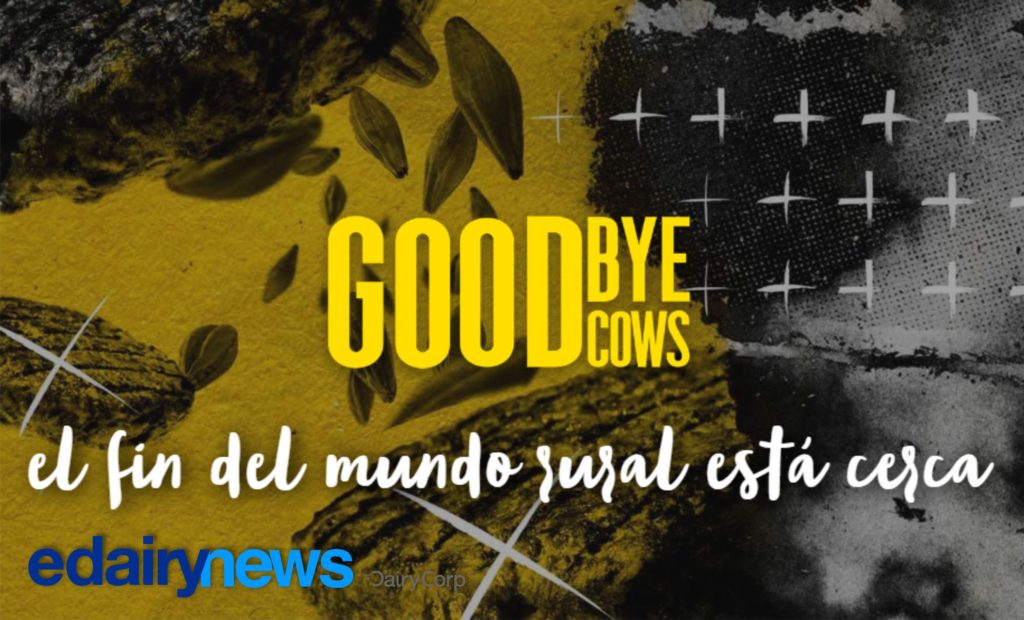Arpanbhai Kalotra, a pastoral Maldhari (herdsmen) from Gujarat’s Rabadi neighborhood beverages sheep and goat’s milk each day. “Though Gujarat produces large quantities of this milk, it is less in demand so there is a daily surplus,” he says, including that the Maldharis eat it in a couple of tactics to minimise wastage. “We make tea, set curd and even make khoa with it,” he says, including “ we mix the remaining with cow milk and sell to locals.”
Arpanbhai and Bhimsibhai Ghanghal, who are living in Surendranagar, Gujarat, have now discovered in a different way to use this surplus: artisanal cheese.
Namrata Sundaresan, co-founder of Chennai-based Käse who skilled the Maldharis in cheese making ultimate yr explains that the feta they make is scrumptious “terroir-inspired cheese where the flavour is impacted by the livestock and region where milk is procured.”
“We at Käse are constantly on the look out for ethically-sourced clean milk and this led us to cross paths with the Centre for Pastoralism, India (CfP). Milk is central to the livelihoods of pastoral households in Gujarat. With indigenous milk surpluses, we are presented with a unique opportunity to enhance pastoral livelihoods via artisanal cheese making,” says Namrata, including that the initiative started as an entrepreneurship coaching programme for the formative years of the pastoral neighborhood, and Arphanbhai and Bhimsibhai had been decided on by means of the Centre for Pastoralism after a rigorous variety procedure.

The duo now makes 10 forms of cheese, together with chèvre, feta, barrel elderly feta, pecorino fresco, cheddar and tomme. They have arrange a processing unit with a garage facility of their village at a price of ₹6 lakh. “All these years so much precious milk was wasted. Today, we are empowered to make the best use of it. We have over 100 goats and also buy goat milk from other pastoralists in the region as we need 100 litres to make a kilogram of cheese,” says Bhimsibhai.
Käse just lately organised a pastoral cheese tasting match, pairing them with Gujarati snacks and pickles from Parul’s Pickle Magic by means of Parul Bhatt. Feta, historically crumbled on salads, was once paired with thepla: the delicate flavour of ajwain and cumin mixed neatly with the cheese. Says Namrata, “Since this range is made in rural Gujarat, we thought the best way to introduce it was by pairing it with traditional Gujarati condiments.”

